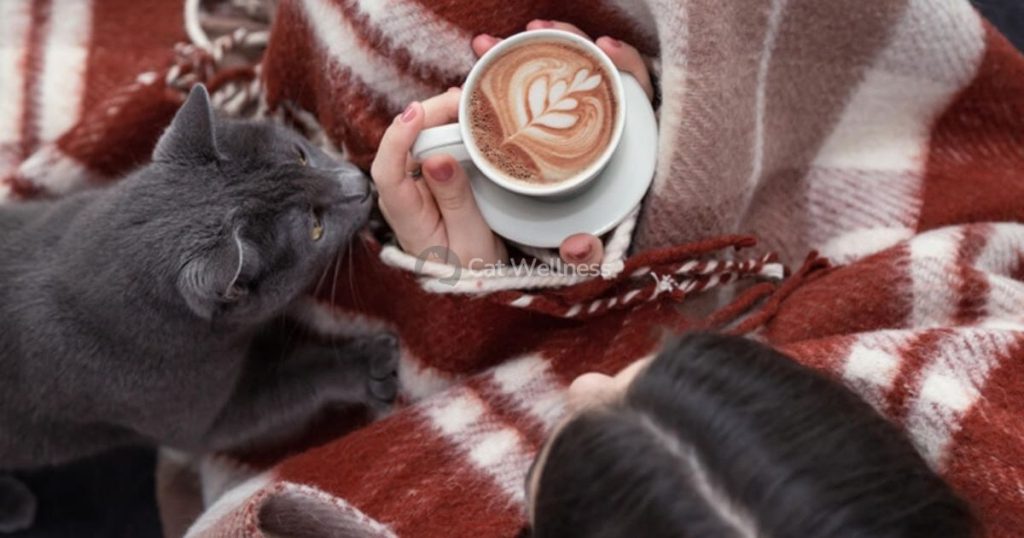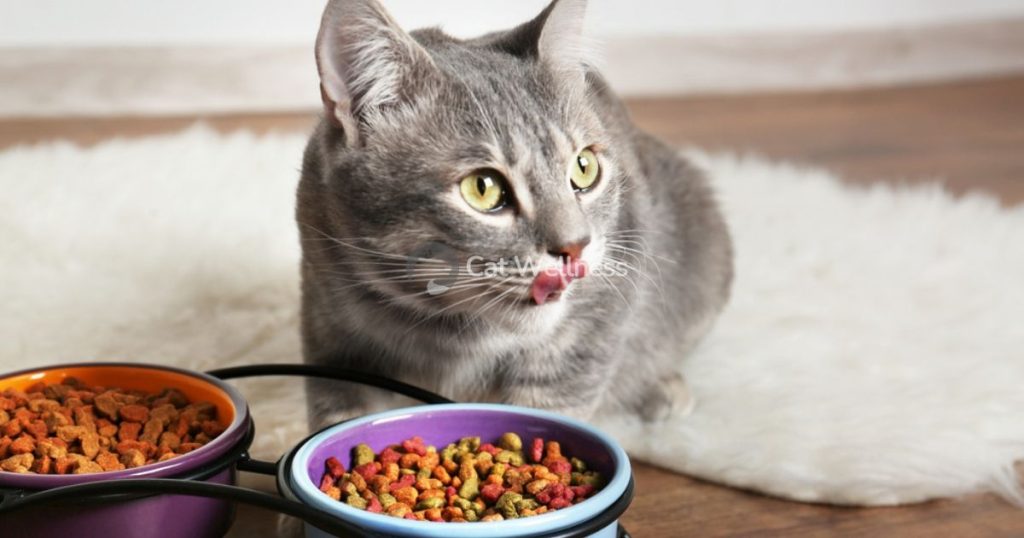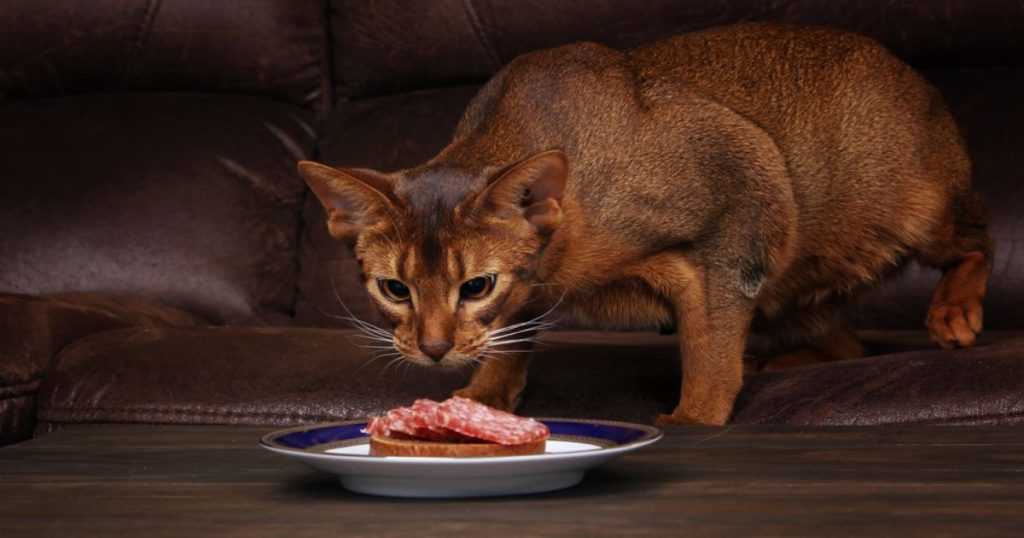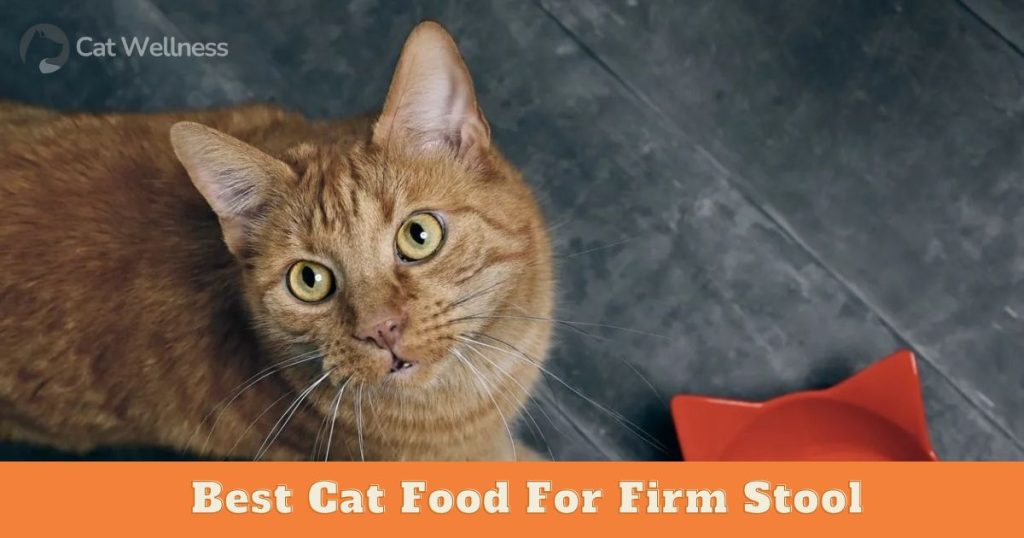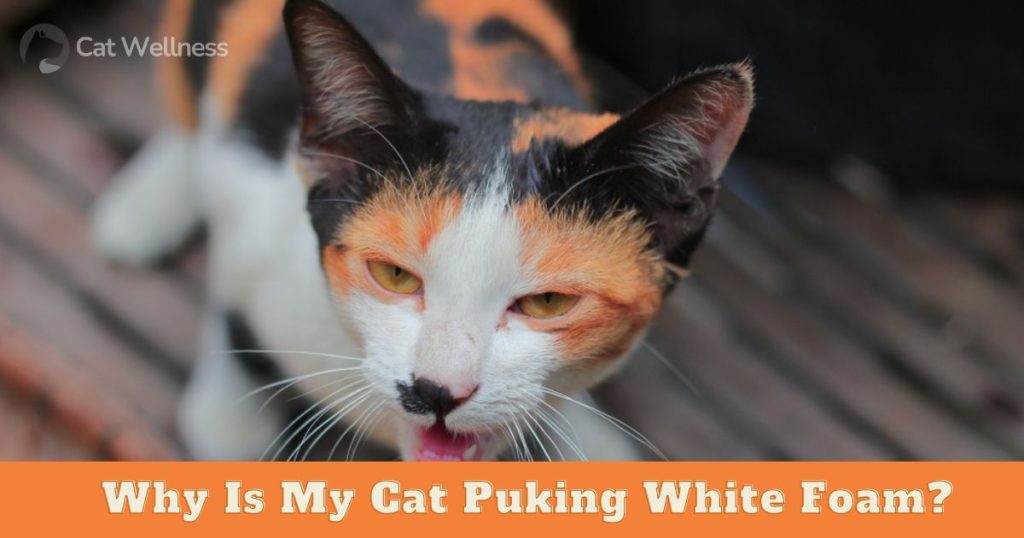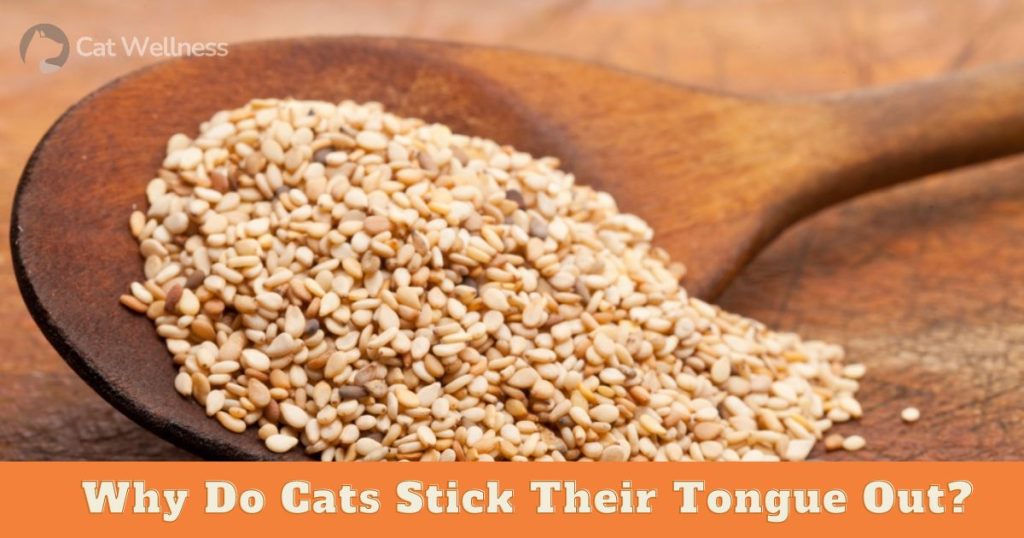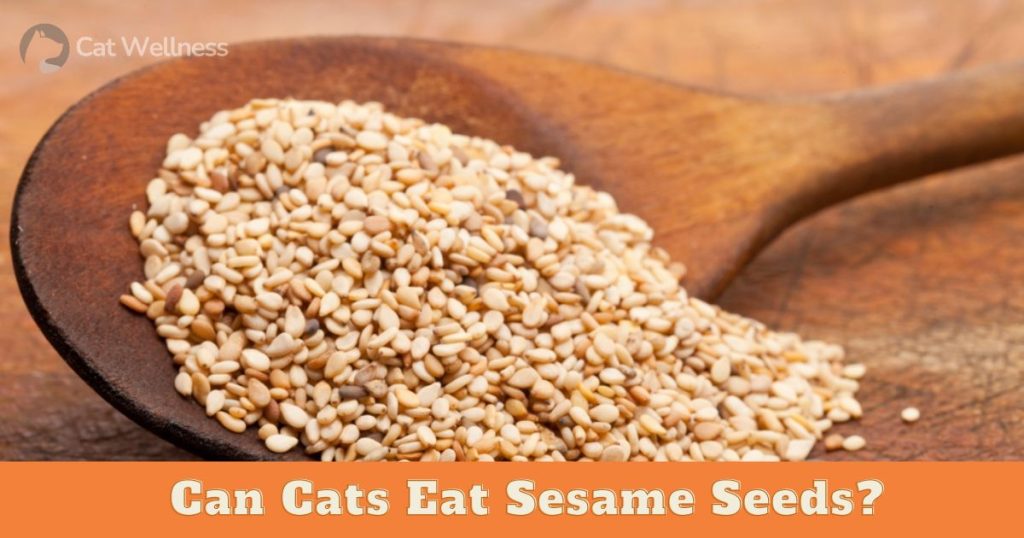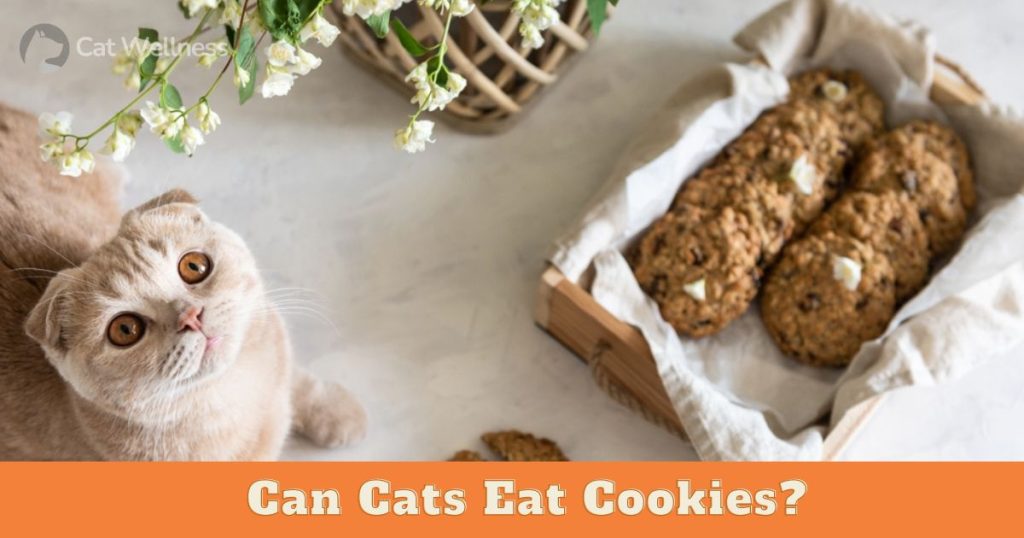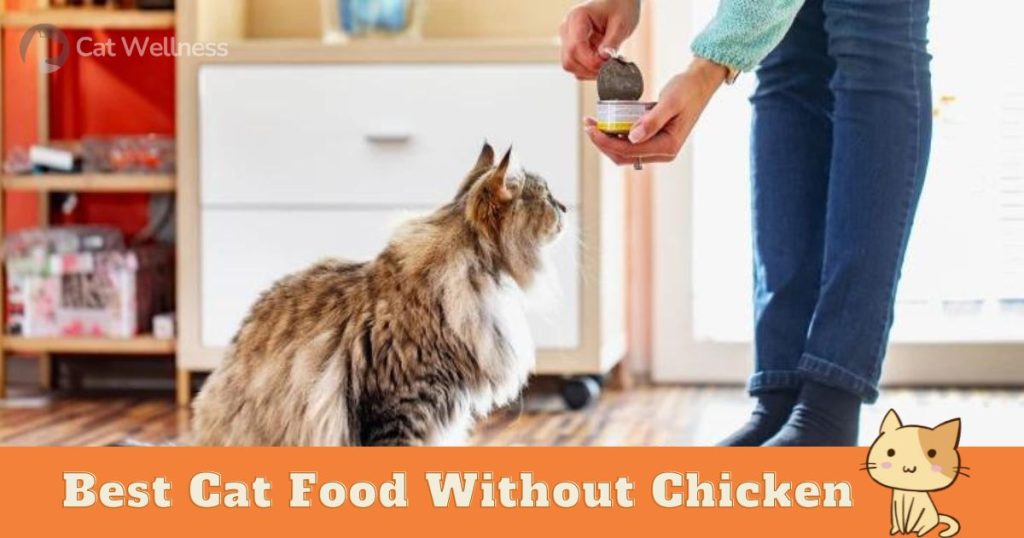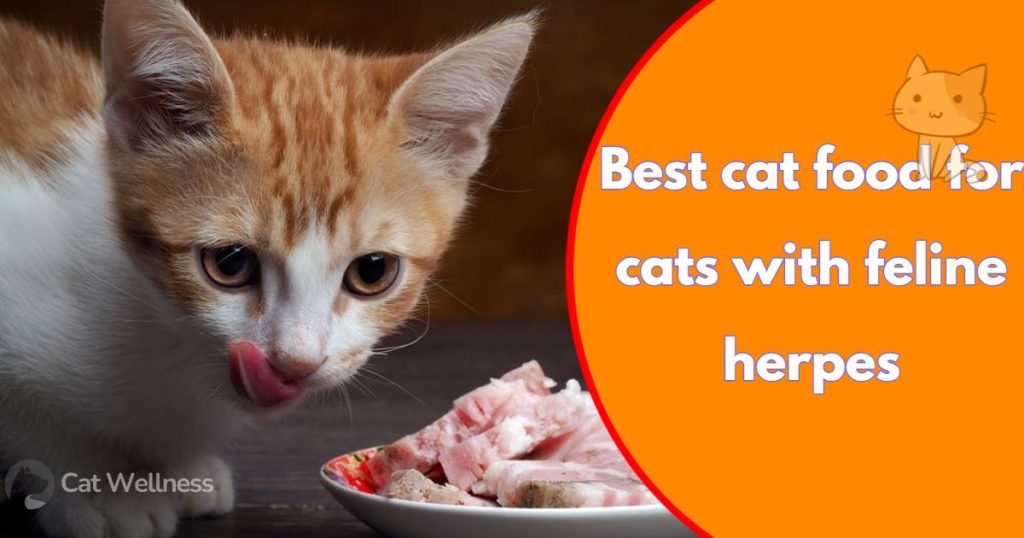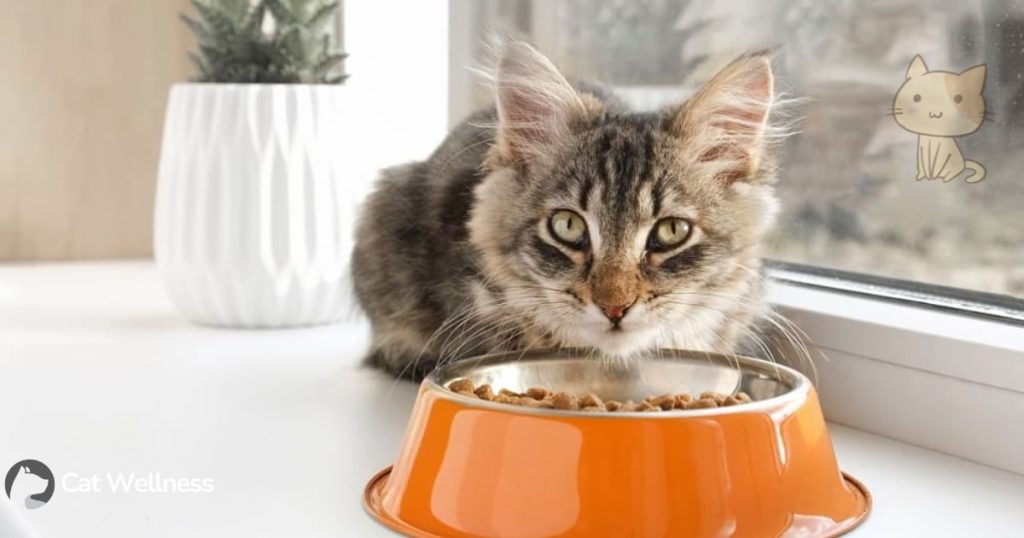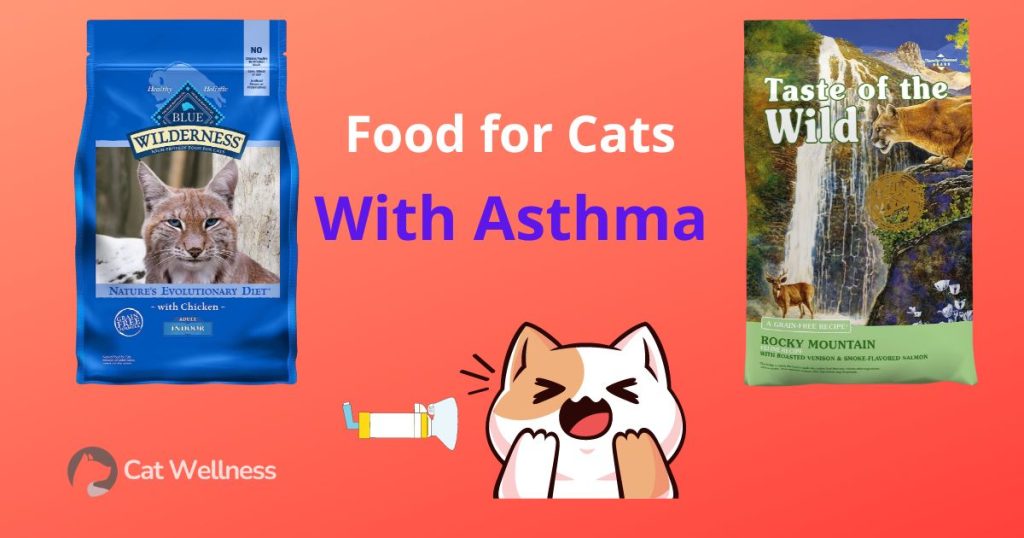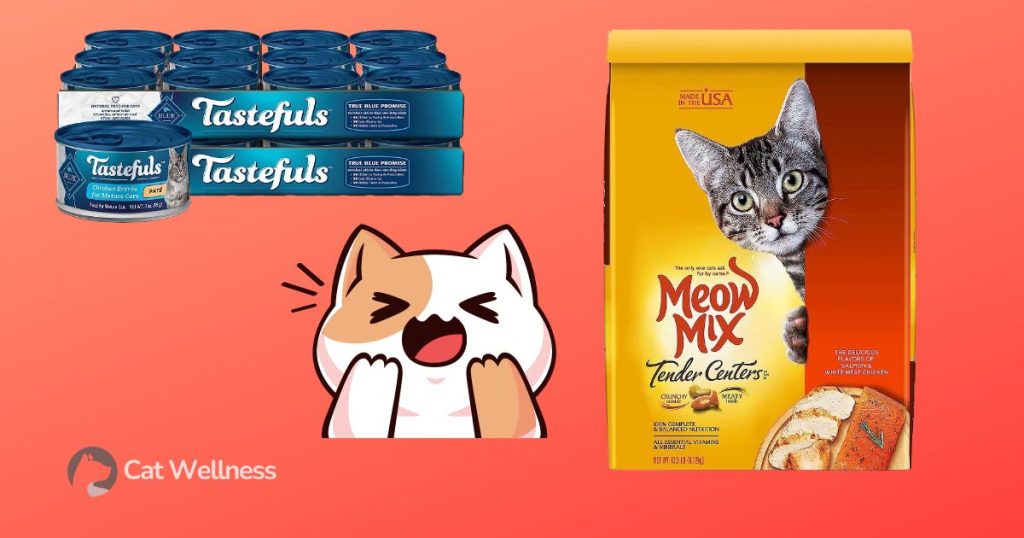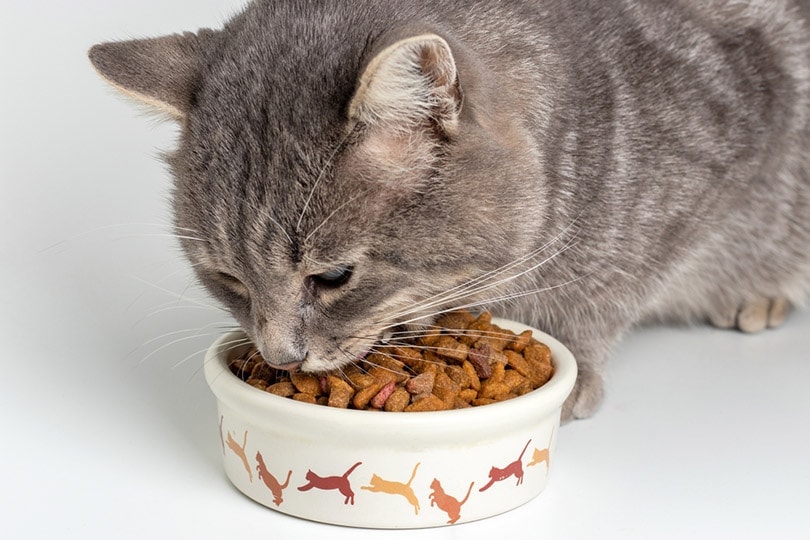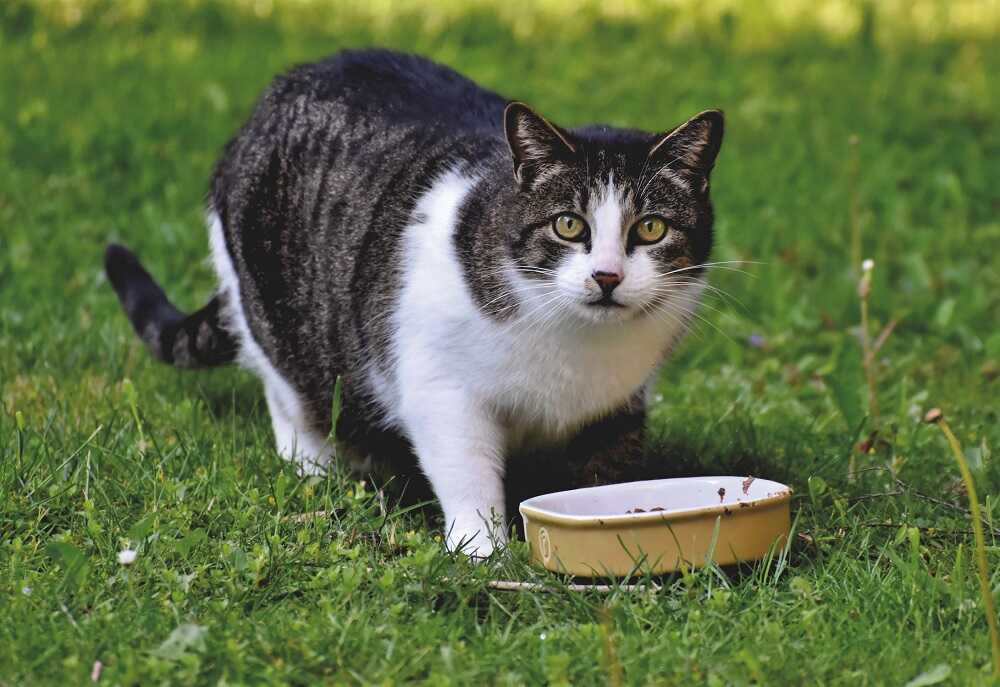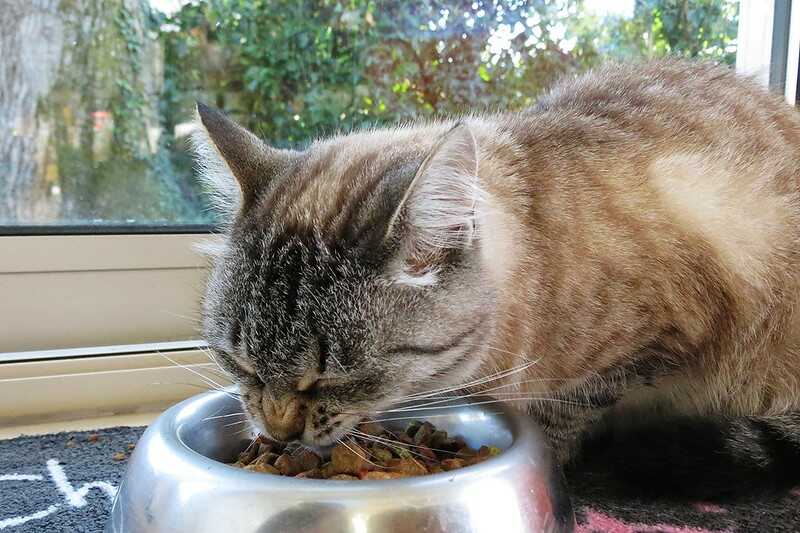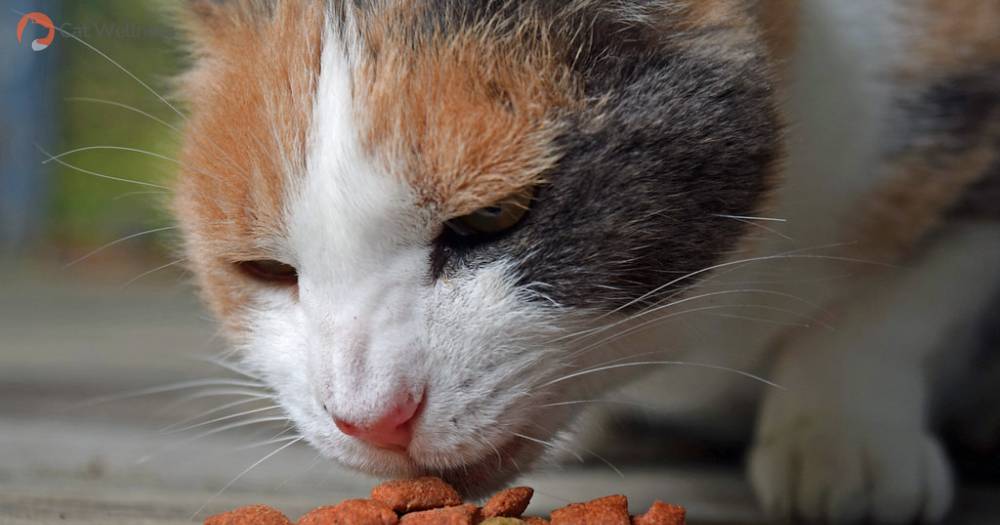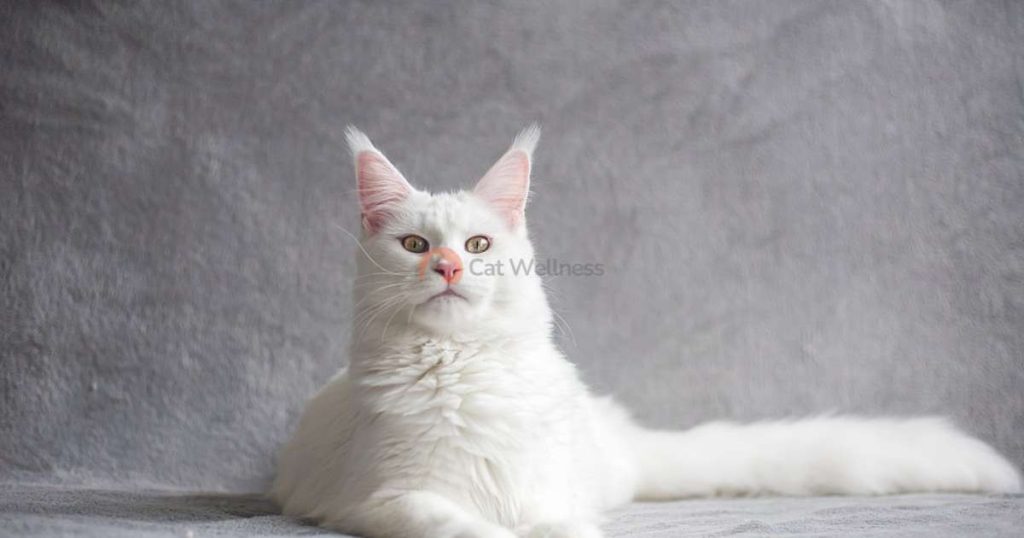Cats often communicate through subtle gestures, such as a gentle blink to show their approval and affection or a soft chirp when they enjoy being petted.
Have you ever wondered why your feline friend suddenly flops over in front of you? Believe it or not, this adorable behavior is more than just playfulness, it’s a form of cat communication.
So why do cats flop over? Cats flop over as a way to communicate with their owners and express various emotions, including seeking attention, displaying trust and vulnerability, and showing relaxation and contentment.
In this article, I will analyze the five most common reasons cats flop over. This will make it easier for you to communicate with your cat and give them what they want, helping you form a solid and loving bond.
What is Flopping?
Flopping is a fascinating and natural behavior that cats exhibit, it may look like an abrupt fall or a sudden sideways roll onto the ground. This instinctual act can serve multiple purposes and send different messages depending on the context in which it occurs.
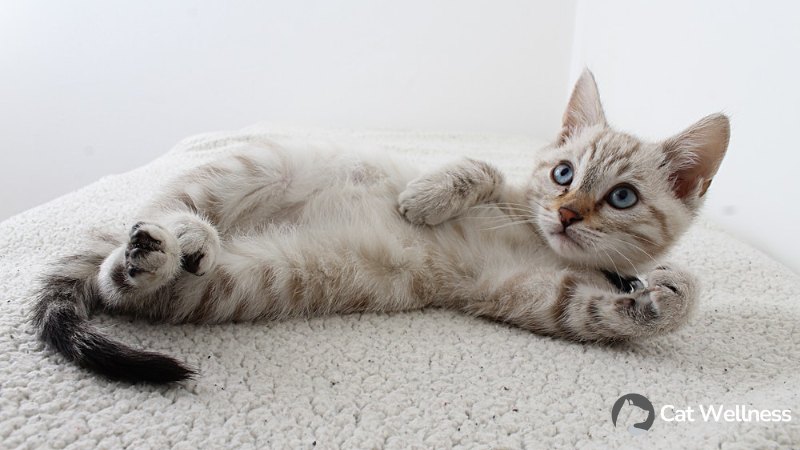
Types of Cat Flops
There are three main types of cat flops: the belly flop, the side flop, and the back flop.
The Belly Flop
Cats are mysterious creatures, and one of their curious behaviors is the Belly Flop. This type of cat flop involves the cat rolling over to expose its stomach. It’s a feline communication technique that signifies both security and trust between the kitty and its owner.
While this non-threatening behavior might seem random at times, there are often underlying reasons behind it. The Belly Flop can be seen as an affectionate gesture from your furry friend seeking your attention or reassurance.
The Side Flop
The Side Flop is a distinctive display of cat behavior that translates into trust signals. Cats perform this type of flop by lying on their side, exposing their belly – a vulnerable area.
This act conveys an immense level of comfort with owners and displays the feline’s contentment and happiness.
You might notice your furry companion engaging in purring or kneading behavior during this time; these are signs of bliss in their world!
It also serves as an invitation for belly petting from you, letting you know that they feel safe around you, solidifying your bond with them even more.
The Back Flop
The back flop is a playful behavior exhibited by cats where they flop onto their backs with their legs splayed out. This type of cat flop often serves as an invitation to play or engage in interactive play with the cat.
It can also be a sign of trust, as the cat is exposing its vulnerable belly to you. Not all cats enjoy belly rubs, so it’s important to understand that a back flop may not necessarily be a request for one.
Reasons Why Cats Flop Over
Cats flop over for various reasons, including seeking attention, finding comfort and relaxation, marking territory, displaying mating behavior, or feeling unwell. Discover the fascinating explanations behind this adorable feline behavior.
#1. Seeking Attention
Cats are known for their independent nature, but sometimes they crave attention too. One way they seek attention is by flopping over in front of their owners. This behavior is similar to a dog barking or wagging its tail to get noticed.
It’s their way of saying, “Hey, pay attention to me!” Cats may meow, purr, rub against your legs, paw at you, jump onto your lap, chirp, knead you with their paws, lick your hands, sit in your line of sight or headbutt you as part of seeking attention.
Flopping over can be a subtle yet effective way for cats to interact and engage with their owners.
In fact, some cats may even resort to knocking things off tables or countertops just to get noticed! So next time your feline friend decides to flop over in front of you and demand attention – take a moment to give them the love and affection they’re seeking.
#2. Comfort and Relaxation
Cats flop over as a way to show comfort and relaxation. When cats feel safe and content in their environment, they may choose to plop down and stretch out on their side or back. This is a signal that they are feeling at ease and happy.
Flopping over allows them to fully relax their muscles and let go of any tension, promoting a sense of calmness. Cat owners need to create a comfortable space for their feline friends where they can unwind and enjoy moments of relaxation throughout the day
#3. Marking Territory
Cats have a natural instinct to mark their territory, and one way they do this is by flopping over. This behavior is a form of scent marking, where cats rub their cheeks on surfaces and roll back and forth on the ground.
By doing so, they leave behind their scent, which communicates boundaries and ownership to other animals in the area. Cats use marking territory as a way to assert dominance, establish presence, attract potential mates, and ensure their survival in their environment.
Through flopping over and scent marking, cats are able to communicate with others without even saying a word.
#4. Mating Behavior
Mating behavior plays a significant role in why cats flop over. Unspayed female cats may exhibit this behavior as they are in heat and looking for a mate. When a cat is ready to mate, it will assume a lordotic posture, which involves the head down and the rear end raised.
This position signals their availability to potential mates. The hormonal changes that occur during the mating cycle can trigger the flopping and rolling behavior in female cats.
#5. Feeling Unwell or Lethargic
Cats may flop over when they are feeling unwell or lethargic. Loss of balance can make them feel dizzy, nauseous, and unsteady on their paws. This could be due to conditions like vestibular disease, where cats experience significant nausea and unsteadiness.
Additionally, various types of cancer can also make cats feel unwell or lethargic. Obesity and arthritis can contribute to feelings of fatigue and inactivity, leading to a general sense of being unwell for the cat.
It’s important to pay attention to any changes in behavior or signs of sickness in cats, such as appearing sluggish or depressed.
Body Language and Posture
Cats use their body language and posture to communicate various messages, such as inviting interaction, showing trust and vulnerability, expressing contentment and relaxation, or simply stretching and relaxing.
Understanding these signals can help deepen the bond between you and your flopping feline friend.
Give your flopping cat attention and affection, make sure they are comfortable and relaxed, monitor for signs of illness, and create an environment they can enjoy.
#1. Inviting Interaction
Cats have a unique way of inviting interaction with their owners. When they flop down in front of you, it’s their way of saying “play with me!” This behavior is a clear signal that your cat wants attention and affection.
#2. Trust and Vulnerability
Cats are known for their independence, but they also have a side that craves connection and affection. When a cat flops over and exposes its belly, it is showing trust and vulnerability towards its owner.
#3. Contentment and Relaxation
Cats experience moments of contentment and relaxation in various ways. When a cat flops over, it can be a sign that they are seeking comfort and ease. This posture reflects their serene state of mind and indicates that they feel safe and at peace in their environment.
Purring is another well-known sign of contentment displayed by cats, as it signifies their satisfaction and pleasure. Additionally, kneading with their paws is a motion often seen when cats are content and relaxed, mimicking the behavior of nursing kittens.
#4. Stretching and Relaxation
When a cat flops over and stretches, it is not only a sign of physical relaxation but also an indication of comfort.
This behavior allows them to release muscle tension, maintain limberness, and find a comfortable position. Stretching all four limbs at once while lying on their side is a common sedentary stretch for cats.
Additionally, when cats see their owners, they may stretch as a way of bonding and showing contentment and relaxation.
#5. Bonding and Affection
Cats may also show affection by rubbing their head against objects or people, known as “bunting.” Additionally, blinking slowly is another way cats express love and trust.
Through cuddling, nuzzling, snuggling, licking, purring, kneading, grooming, playing together, sleeping close by each other’s side or vocalizing with soft meows to get attention or communicate their feelings; cats build connections and strengthen the bond with their family members.
FAQs
Why do cats flop over and expose their bellies?
Cats flop over and expose their bellies as a sign of trust and relaxation. It shows that they feel comfortable and safe in their environment.
Is it safe to pet a cat’s belly when they flop over?
While some cats may enjoy having their bellies rubbed, it is not always safe to pet a cat’s belly when they flop over. Some cats may become defensive or sensitive in that area, so it is best to approach with caution and let the cat indicate if they want their belly rubbed.
Are there any other reasons why cats might flop over?
In addition to feeling relaxed, some cats may also flop over as a way to stretch or cool off on a cool surface. Cats have different preferences for how they like to relax and show comfort.
Should I be concerned if my cat frequently flops over?
Frequent flopping over by itself is usually not a cause for concern unless accompanied by other abnormal behaviors or signs of discomfort. If you notice any changes in your cat’s behavior or health, it is always best to consult with a veterinarian for proper evaluation and advice.
Conclusion
Why do cats flop over? In conclusion, cats flop over for various reasons, such as seeking attention, displaying trust and vulnerability, and expressing relaxation and contentment. It is a form of communication that showcases their love and desire for interaction with their owners.
Understanding the meaning behind a cat’s flopping behavior can lead to stronger bonds and a deeper appreciation for these adorable feline companions. So next time your cat flops over in front of you, embrace the opportunity to shower them with affection and enjoy the special connection you share.
Recommended Reading



